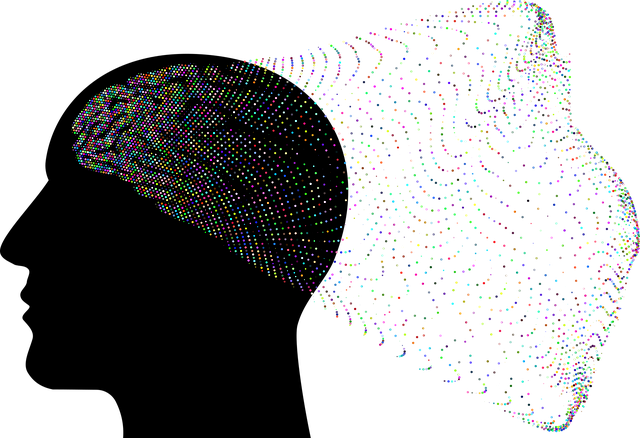Mental illness representation in media has progressed but still faces challenges, with stereotypes hindering understanding and access to care, especially for children and men's mental health issues (Therapy for Children, Men’s Issues). Inaccurate depictions deter help-seeking and obstruct advocacy. Community outreach programs educating media creators about diverse conditions are gaining traction. Cultural sensitivity in mental healthcare practice is crucial for promoting empathetic narratives. Media therapy, integrating therapeutic techniques into content like podcasts and shows, can combat stereotypes, foster empathy, reduce stigma, and encourage early intervention for Children's Mental Health and Men’s Issues.
Mental illness representation in media has long been a contentious issue, with many portrayals falling short of accuracy. This article delves into the current landscape, exploring challenges and barriers that hinder effective communication about mental health. We argue that precise representation is crucial for fostering understanding and empathy. Furthermore, we present strategies for positive change, focusing on the potential of media therapy to empower individuals, especially children and men, in navigating their mental health journeys.
- Understanding Mental Illness Representation in Media: The Current Landscape
- Challenges and Barriers: Why Accurate Portrayal is Crucial
- Strategies for Positive Change: Empowering Through Media Therapy
Understanding Mental Illness Representation in Media: The Current Landscape

Mental illness representation in media has been a topic of increasing scrutiny and importance. The current landscape reveals both positive strides and persistent challenges in how mental health conditions are portrayed. While some media outlets have made efforts to present more nuanced and accurate depictions, stereotypes and stigmatizing narratives still prevail. This is particularly evident when it comes to therapy for children and men’s issues, which often lack adequate representation or are misrepresented entirely.
The need for responsible media portrayal extends beyond entertainment value; it significantly impacts public understanding of mental health. Inaccurate representations can perpetuate harmful stereotypes, deter individuals from seeking help, and hinder progress in advocating for better access to mental healthcare services. To address these issues, there is a growing call for community outreach program implementation that focuses on educating media creators and producers about the nuances of various mental health conditions. Additionally, fostering cultural sensitivity in mental healthcare practice is crucial to ensuring diverse narratives are accurately told, thereby promoting empathy and understanding among all audiences.
Challenges and Barriers: Why Accurate Portrayal is Crucial

The media plays a significant role in shaping societal perceptions about mental illness. However, inaccurate or stereotypical representations can lead to further stigmatization and hinder support for those struggling with their mental health. When media portrays mental illness, especially in children and men, it often falls into the trap of oversimplification or sensationalism, failing to capture the complexity of these conditions. This results in limited understanding and inadequate access to resources like therapy for children and men’s issues.
Challenges arise when media narratives depict mental health struggles as rare or solely negative without exploring the diverse experiences and potential benefits of seeking help. Accurate portrayal is essential to foster Mental Wellness Podcast Series Production that encourages open conversations about Stress Management and Mental Health Awareness. By presenting relatable characters and authentic stories, the media can contribute to breaking down barriers and promoting a culture where individuals feel empowered to seek support for their mental health.
Strategies for Positive Change: Empowering Through Media Therapy

Media therapy offers a powerful tool to challenge negative stereotypes and promote positive change in how mental illness is represented. By integrating therapeutic techniques into media content, such as television shows, movies, and social media platforms, we can empower individuals facing mental health struggles, especially children and men. This approach leverages the widespread reach of media to foster empathy, reduce stigma, and provide accessible support.
Through media therapy, professionals can guide viewers in developing self-care routines for better mental health and effective stress management techniques. By showcasing characters navigating emotional regulation challenges with resilience, we can inspire hope and encourage individuals to seek help. This strategy not only educates the public but also empowers them to engage in open conversations about mental illness, ultimately normalizing these discussions and encouraging early intervention.
Mental illness representation in media has long been a topic of discussion, and while progress has been made, there is still much work to be done. By understanding the current landscape and addressing the challenges through innovative strategies like media therapy, we can foster more accurate and compassionate portrayals. This, in turn, will help destigmatize mental health issues and empower those dealing with them, including children and men, by providing valuable resources and support through media-driven solutions.









